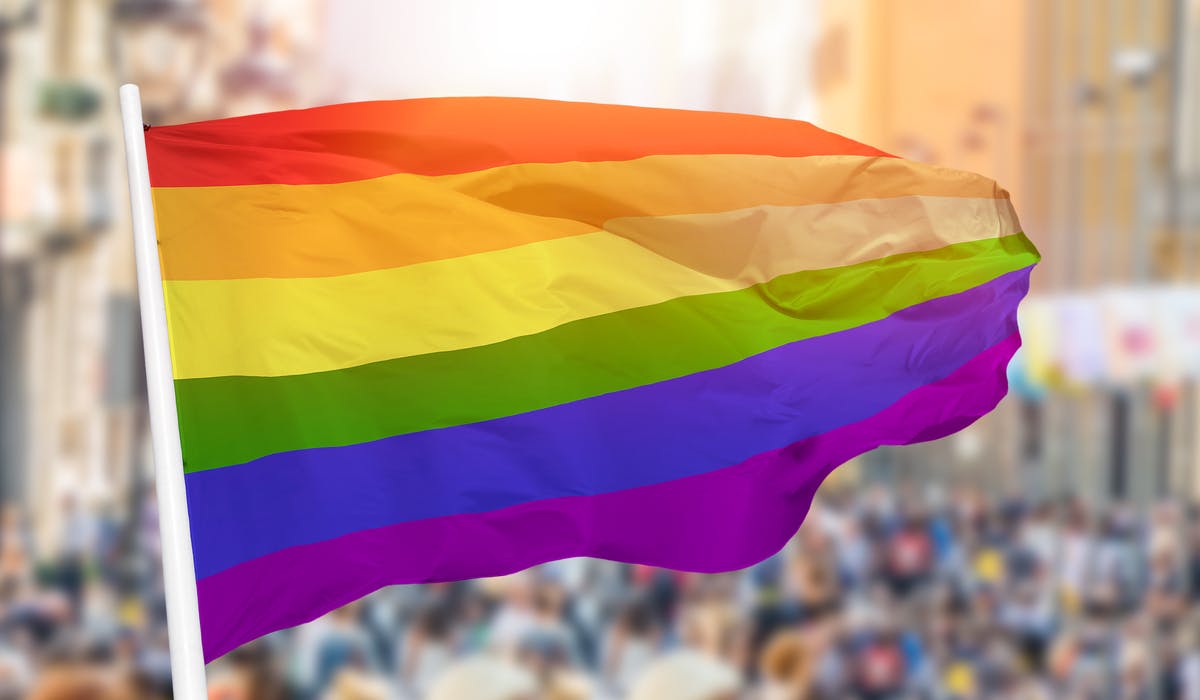
The Significance of Brands at this Year's Pride: Reckitt's Perspective

Reckitt global brand director Eleonore Murauer reflects on the challenges faced by brands at Pride in 2023, highlighting the high-profile backlashes and the significance of their presence at the event
Brands have been a part of Pride for many years, but 2023 “felt very different to previous Prides,” said Eleonore Murauer, global brand director for Durex at Reckitt.
“This year felt like there was something at stake,” she said, speaking at Outvertising Live yesterday (22 November).
June is Pride month, a time when many companies participate in activities to honor and celebrate the LGBTQ+ community. This year, there was increased pressure on brands to ensure their involvement was sensitive and appropriate, especially following the Bud Light/Dylan Mulvaney controversy which resulted in a consumer boycott. The backlash caused a 14% volume decline for owner AB InBev in the US and ignited a narrative of "go woke, go broke", according to Outvertising joint-CEO Marty Davies. While the idea that supporting progressive causes like LGBTQ+ rights will result in financial loss for brands is not accurate, many brands felt uneasy about participating in Pride 2023.
In past Prides, it seemed like brands were hastily jumping on the rainbow bandwagon, remarked Reckitt's Murauer. However, this year, any action by companies felt like it could pose a potential risk. "I believe it really compelled brands to reflect and ask themselves, are we committed for the long-term?" she stated.
Stonewall's associate director of communications and campaigns, Sasha Misra, also spoke on the panel. She pointed out that in previous Prides, it had been relatively simple for brands to participate, with campaigns featuring messages like "Love is Love."
However, with the Bud Light controversy and other instances of backlash against brands supporting the LGBTQ+ community, many brands are now engaging in "a lot of soul-searching this year," according to Misra.
As a result, Davies believes there were less brands taking part in Pride in 2023.
“I’m pretty certain there were some brands keeping campaigns in pocket,” they said.
Braving the backlash
Reckitt’s Murauer said brands should go into Pride campaigns, prepared for the backlash it might bring.
Misra concurred: “Forewarned is forearmed,” she said.
Being prepared means protecting your talent and your team, and having responses ready to go.
Davies used Nike as a positive example of a brand that effectively managed backlash. Similar to Bud Light, Nike collaborated with Dylan Mulvaney, featuring her in a post wearing one of the brand's sports bras. However, unlike Bud Light, which tried to separate itself from Mulvaney amidst controversy and minimize its partnership with the influencer, Nike remained committed to the collaboration.
Davies noted that the controversy quickly fizzled out after Nike steadfastly supported its decision. Misra from Stonewall also pointed to Wickes as a brand that effectively weathered criticism, citing their proactive stance against conversion therapy in their Pride activations as a prime example of a meaningful brand engagement beyond just a marketing campaign.
"Some organizations embraced the challenge and aimed to make a more significant impact," noted Misra.
The panelists emphasized the importance of ensuring that your brand supports its LGBTQ+ colleagues internally before launching external Pride campaigns. Murauer stated that Reckitt took the time to properly support their LGBTQ+ employees before implementing Pride activations.
Having support from the top of your organization is crucial, as demonstrated by Reckitt. Davies emphasized that it is detrimental for the LGBTQ+ community and brands working in this space when companies fail to handle backlash effectively.









